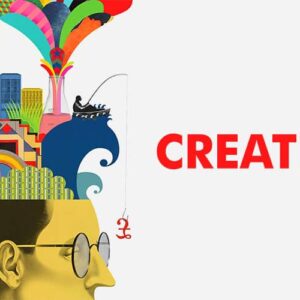Successful creatives often succeed for years because they not only have talent, but also cultivate the right networks and connections to support their creative work[2][4]. Research shows that creativity involves three key elements: the individual’s mastery of their craft, exposure to a field of influential experts, and acceptance by the gatekeepers in that domain[2][4]. Simply having creative ideas is not enough—creatives must also navigate the social and organisational aspects of their field to get their work recognised and implemented[1][3][5].
On the other hand, creatives who lack access to the right networks and fail to get their work accepted by industry influencers may only enjoy a brief period of success before fading away[2][4]. The “unfair truth” is that creative success is not just about talent, but also about who you know and your ability to get your work in front of the right people[2][4]. Creatives who can build strong professional relationships and navigate the social dynamics of their field tend to sustain their success over many years[2][4].
Sources
[1] Understanding the four stages of the creative process—WeWork https://www.wework.com/ideas/professional-development/creativity-culture/understanding-the-four-stages-of-the-creative-process
[2] The Unfair Truth About How Creative People Really Succeed—Jeff Goins https://goinswriter.com/creative-success/
[3] “Creativity in Management” by John Cleese—James Clear https://jamesclear.com/great-speeches/creativity-in-management-by-john-cleese
[4] The Unfair Truth About How Creative People Really Succeed https://bettermarketing.pub/the-unfair-truth-about-how-creative-people-really-succeed-f61afb6f2f09?gi=2830cbb58bc7
[5] Creativity Is Not Enough—Harvard Business Review https://hbr.org/2002/08/creativity-is-not-enough
